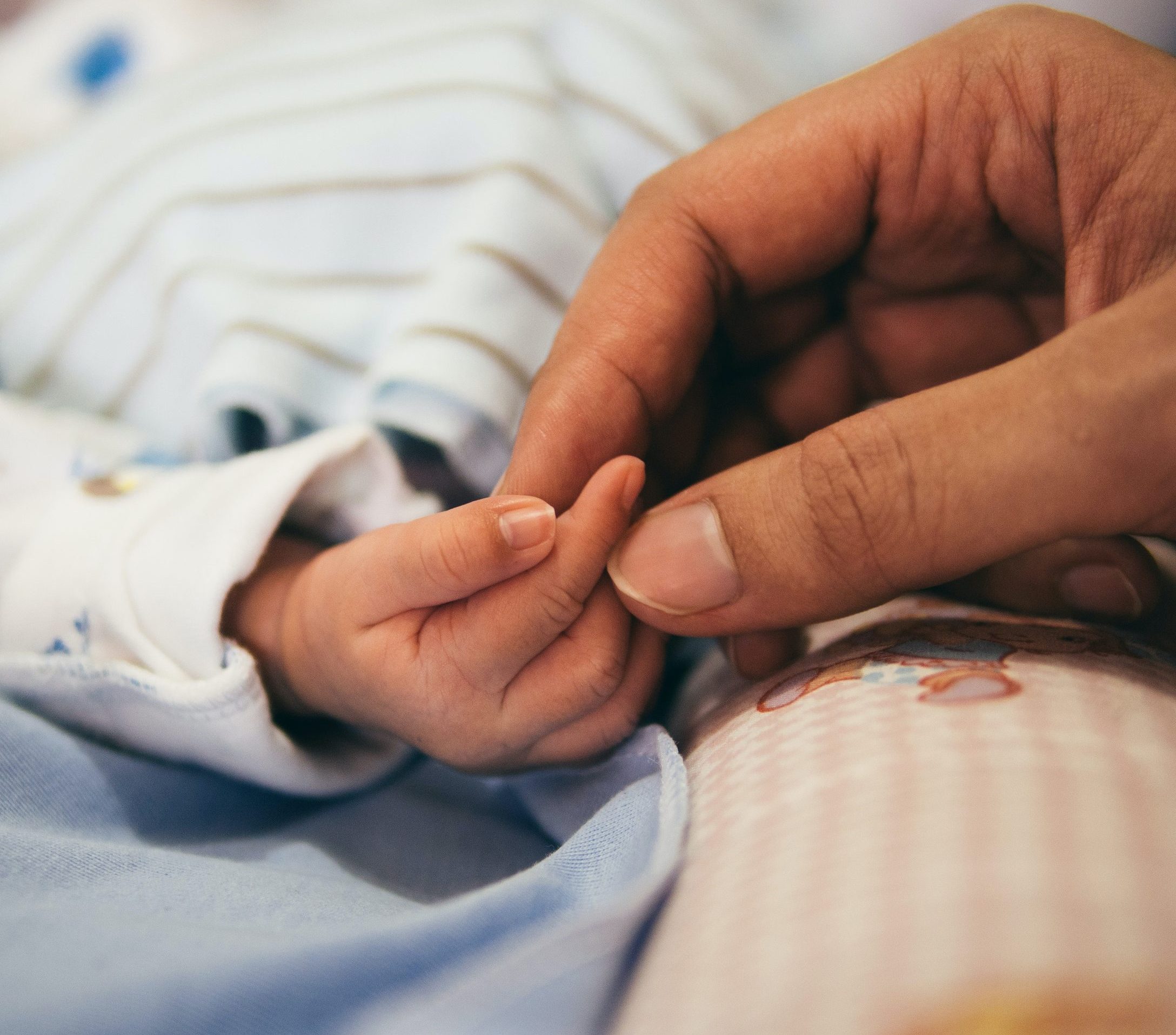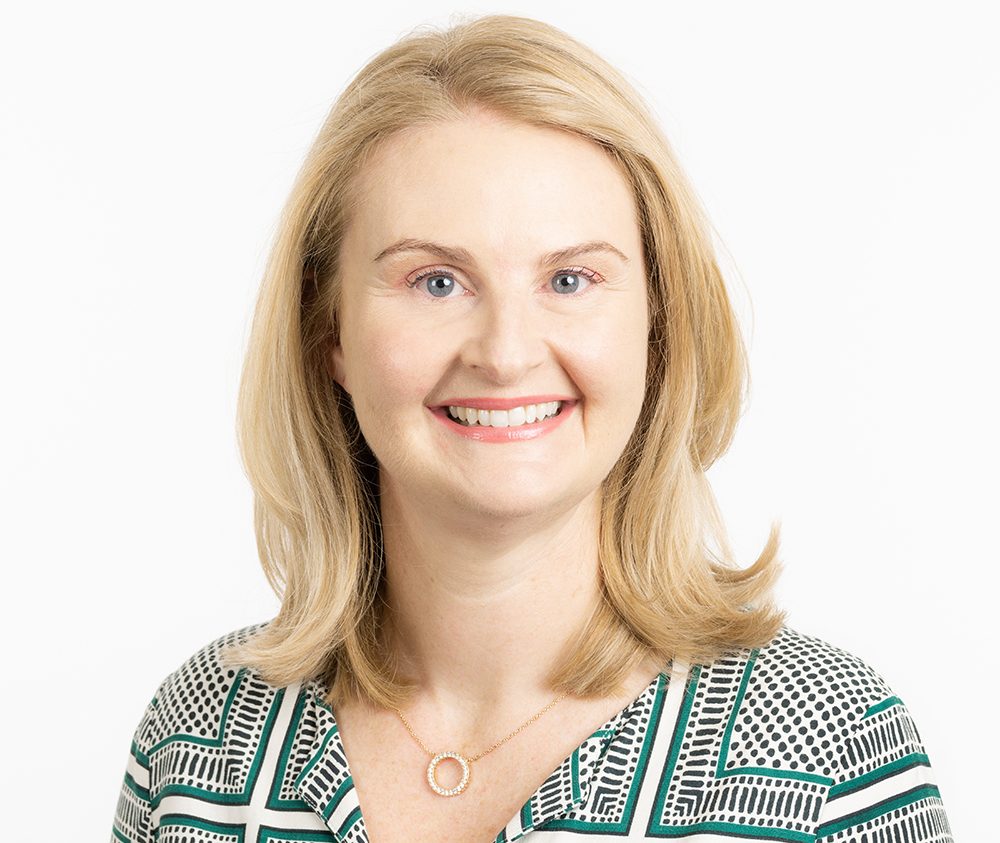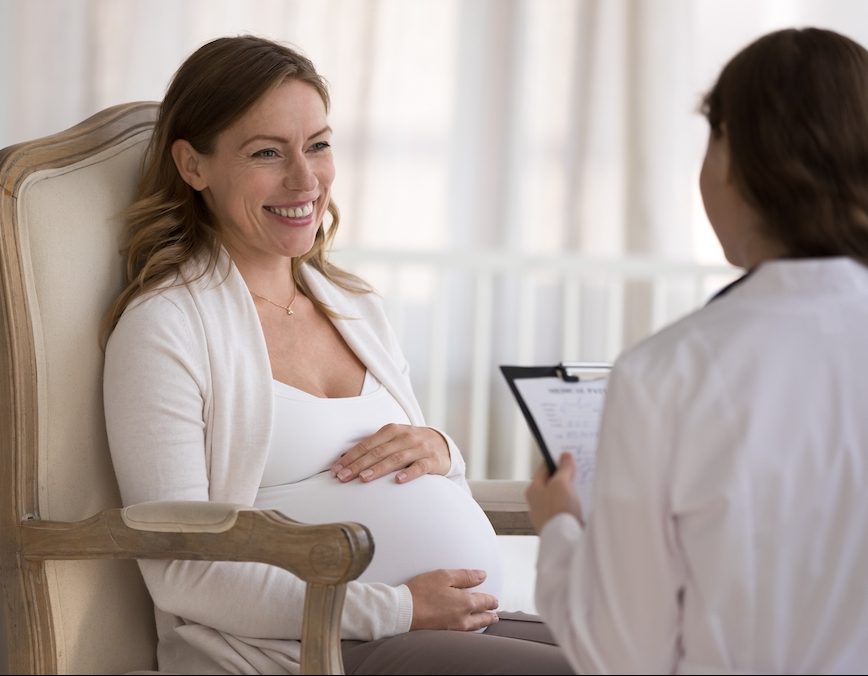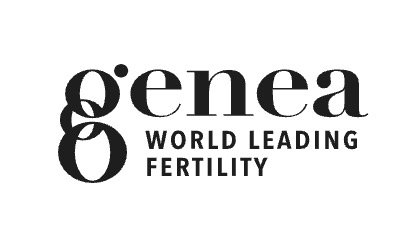If you’re seeking information about fertility in 2024, you’re absolutely spoilt for choice. Social media, podcasts, forums, blogs and more — and that’s just scratching the surface!
With many platforms comes differing opinions and perspectives, which can make it overwhelming and incredibly difficult to know who to trust and what to believe. There are different pathways and journeys to becoming a parent, and not everyone has the same lived experiences.
So, we’re here to try and cut through some of the noise by going straight to a knowledgeable expert to answer some of the head-scratching questions around fertility. We’d like you all to meet Dr Michelle Wellman, a Fertility Specialist at Adelaide’s very own Genea (formerly Fertility SA).
Over to you, Doc!
Describe your role as a Fertility Specialist and with Genea.
I trained as a doctor in gynaecology and specialise in assisted fertility treatments with Genea. My primary focus is on helping individuals and couples achieve pregnancy when they are facing difficulties conceiving. I have a special interest in helping women with endometriosis and polycystic ovary syndrome to have a family.
What made you go down the path of becoming a Fertility Specialist?
Throughout my training, I got a lot of satisfaction in watching people grow their families and looking after women during pregnancy and birth. Working as a Fertility Specialist gives the same type of satisfaction, but even more so, in that today’s technology helps people who previously may not have been able to have a family achieve their dreams.
What sets Genea apart that makes you feel proud to be a part of it?
For many years, we have been operating as Fertility SA and recently became part of Genea. Genea is at the forefront of fertility success rates, research and development, so we are really pleased to have joined forces. Genea’s focus on scientific innovation means we’re always striving towards ways to improve fertility treatments, as well as provide excellence in patient care in South Australia. Genea was also the first to introduce Grow by Genea, the first App of its kind that allows couples to follow the development status of each embryo.
What are some of the factors that affect the success rates of IVF?
There are so many variables that can affect fertility. For women, age is the one of the biggest predictors of success. Other factors that have an impact on fertility include ovulation disorders, uterine or tubal issues, endocrine disorders, or endometriosis may alter the success rates.
But fertility is not exclusive to females — and male sperm quality is also very important! Lifestyle factors including smoking, alcohol intake, nutrition and exercise are also important for both partners to optimise the quality of the egg and sperm.
Recognising the impact of these factors is essential for couples facing difficulties in conception, as it can steer them toward suitable medical interventions or lifestyle modifications. Seeking guidance from healthcare professionals or fertility specialists can help identify ways to help them conceive.
Is there an area of specialisation you have that patients particularly come to you for?
Endometriosis/adenomyosis and Polycystic Ovary Syndrome (PCOS) are two common gynecological conditions that can present fertility challenges for women – and areas I specialise in. I also have an interest in discussing fertility options with single women and same sex couples.
Can you describe how science and technology plays a role in your work and why it is so important?
Thanks to recent scientific progress, medications that stimulate egg production have been created. Technology has taught us how to retrieve eggs, establish a controlled lab setting for egg and sperm interaction, and cultivate embryos in an incubated environment. We’ve also gained insights into preserving cells and developed techniques for freezing and thawing embryos and eggs.
Genea also has exclusive use in Australia to the Geri® incubator which is where your embryos are stored and mimics the natural environment of a woman’s body. It has individual chambers for each patient plus your own time lapse camera. This means the scientists can continuously monitor your embryo’s development remotely instead of opening the incubator to take them in and out for checks all the time.
This intersection of science and technology offers both couples and individuals hope for starting a family, and the freedom to choose when to begin their journey into parenthood.
What are some of the biggest scientific and technological advancements in assisted fertility in recent years?
Genetic screening and testing have made significant advances in recent years. Children affected with rare genetic conditions can now access detailed genomic testing which can identify the specific genetic cause and allow a couple to have testing options for future pregnancies. Reproductive carrier screening looks to see if a healthy reproductive couple has an increased chance of having a child with serious inherited genetic conditions.
Preimplantation genetic testing in assisted reproductive technology has made strides in recent years. For couples identified to have a higher chance of having a child affected with a genetic condition either identified through reproductive carrier screening or a previous affected child or personal or family history, embryos can be tested for most single gene conditions such as cystic fibrosis, spinal muscular atrophy, and Fragile X syndrome. Embryos can also be routinely tested for chromosomal conditions like Down Syndrome or Edward Syndrome.
What’s one thing you wish every woman knew about fertility?
Fertility is time-sensitive for every woman. As age increases, fertility declines, and the chances of conception decrease significantly, especially after 35. Despite technological advances like IVF, age needs to be top of mind when planning a family. Even if you are not quite at the stage to start planning for your family, it’s always worth understanding and assessing your options regarding fertility.
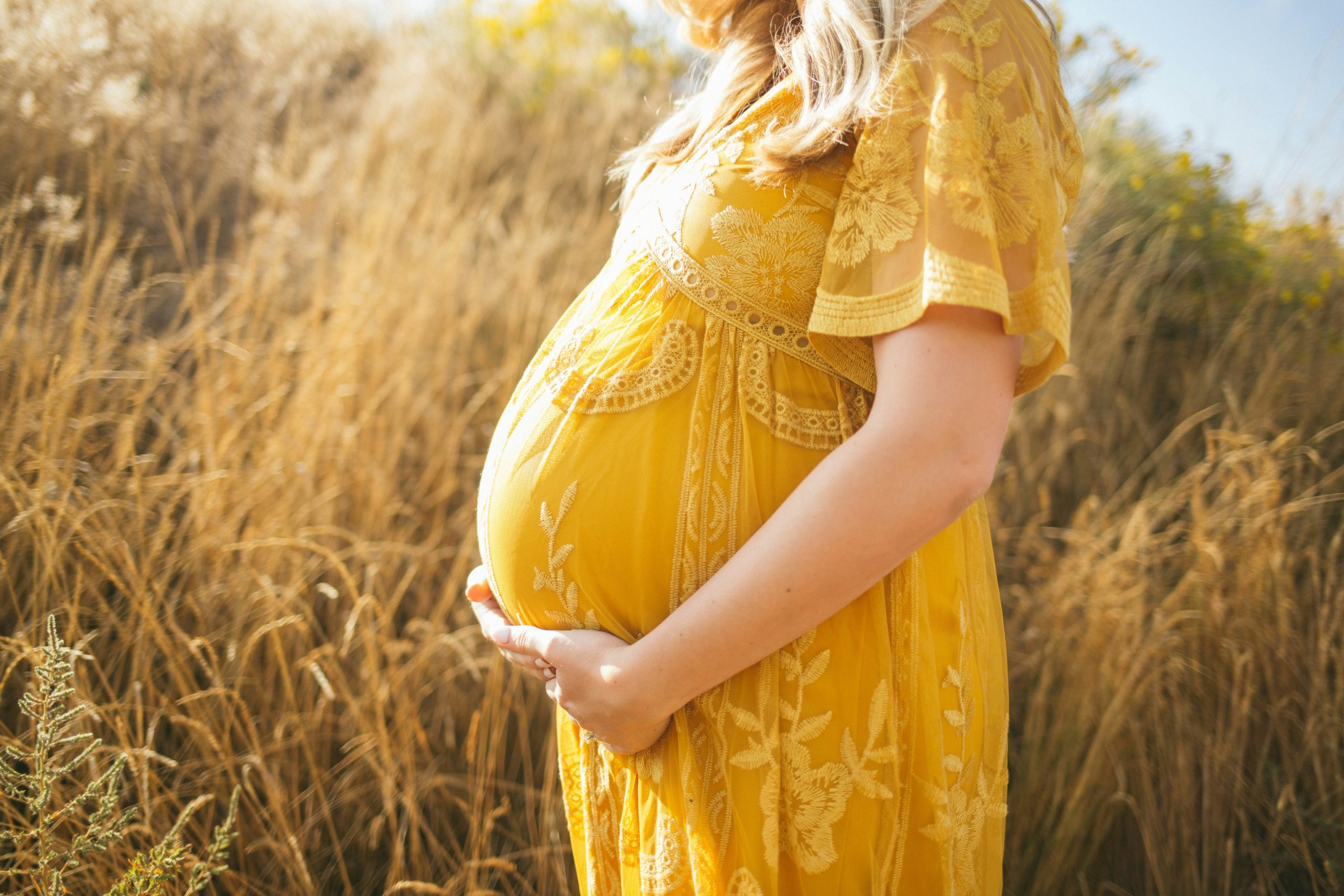
When it comes to your fertility, just remember that your experience is unique and completely your own. So if you’re struggling, then feel free to lean on any and all of the resources available to you. But also feel comfortable and safe, knowing that there are experts (like Dr Michelle and the team at Genea!) that are ready to help you if and when you need it.
Your experience and results may vary. Always consult your medical professional for advice on what’s best for you.
Advertisement.



